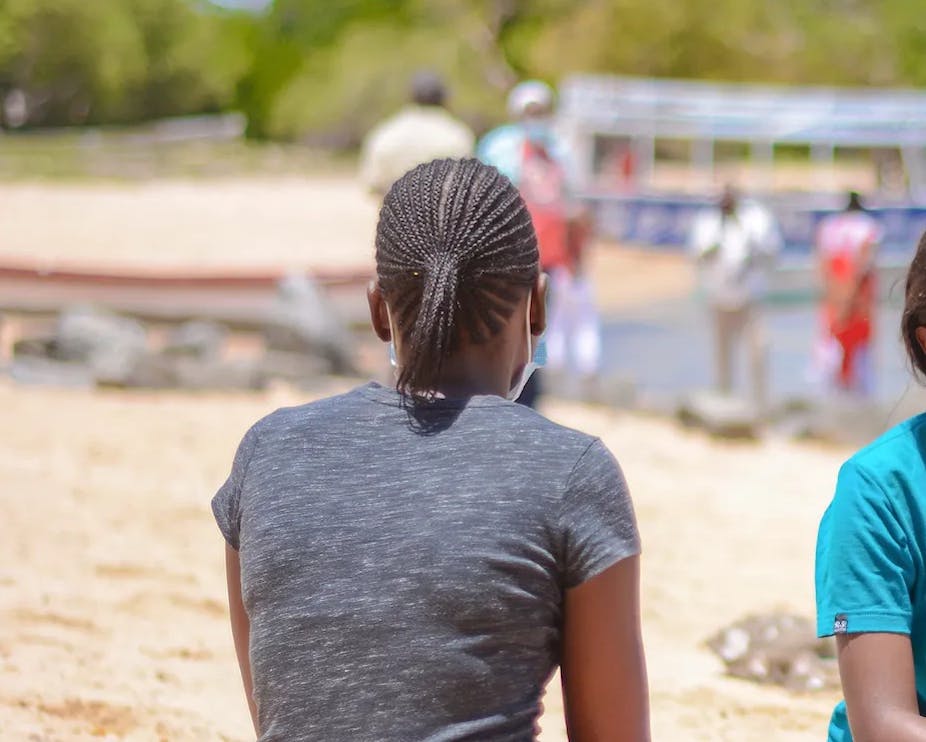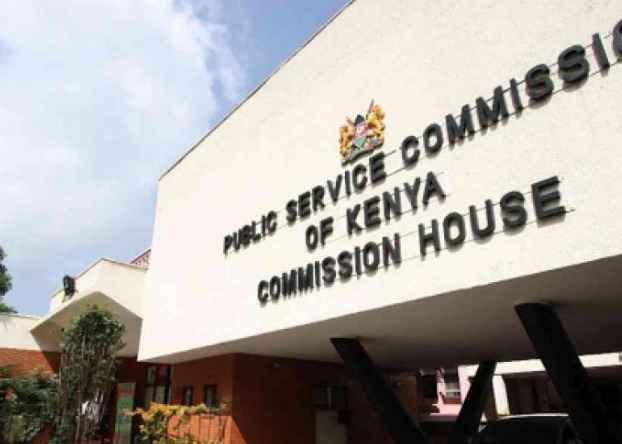Unsafe Abortions in Kenya: A Growing Crisis
This article sheds light on the tragic reality of unsafe abortions in Kenya through the story of Mercy Katana, who resorted to dangerous methods due to a lack of support and options. Despite abortion being illegal except when a mother's health is at risk, nearly half a million abortions occur annually, many of them unsafe. The piece highlights the need for better reproductive healthcare access, education, and supportive policies to address this urgent crisis.

Mercy Katana shares a familiar story — one that's both heartbreaking and painfully common in Kenya. She became pregnant while still in secondary school. Her boyfriend refused to support her, and her parents couldn't accept her situation. She felt cornered because of societal and familial pressures and resorted to abortion without medical guidance.
The Dangerous Path of Traditional Methods
Lacking options, Katana traveled to Mombasa. Instead of seeking help from a hospital, she used a dangerous concoction of soda and local herbs. The makeshift method caused bleeding and partial discharge, forcing her eventually to seek medical help. Many are not as fortunate; unsafe abortions can be fatal when complications like septicemia arise. This severe condition can spread throughout the body, leading to death.
Legal Barriers and Risk
In Kenya, abortion is illegal unless a mother's health is at risk. Despite this, doctors estimate nearly half a million abortions occur annually, most of them unsafe. The numbers underscore a harsh reality; these restrictions don't stop abortions but make them dangerous. Health practitioners and advocates highlight the critical need for better reproductive healthcare access.
Advocating for Change
Leila Abdulkheir Isaak, CEO of the Youth Voices and Action Initiative, emphasizes the problem. Many young women lack access to reproductive health information and services. Her organization works to change this narrative by educating on abortion risks, post-abortion care, and patient rights. They also train skilled professionals, like hair braider Emily Nasubo, to talk about reproductive health. These efforts are vital in a landscape filled with risk and misinformation.
Reality on the Ground
Kennedy Meriti, who coordinates a reproductive health program, reveals startling statistics from a local hospital. More than 500 cases of post-abortion treatment were recorded in just six months. The death rate among pregnant women in Kenya is alarmingly high, with unsafe abortions contributing significantly. Approximately seven women and girls die daily from unsafe procedures, while thousands more end up hospitalized.
Conclusion: Time for Action

The tragic stories and numbers paint a bleak picture. It's clear that change is necessary. Access to safe abortion and comprehensive reproductive health education can save lives. Greater dialogue and more supportive policies are essential to address this urgent crisis. Inaction isn't just dangerous; it's deadly. Let's work toward a future where no woman has to risk her life due to a lack of options.
What's Your Reaction?













































































































